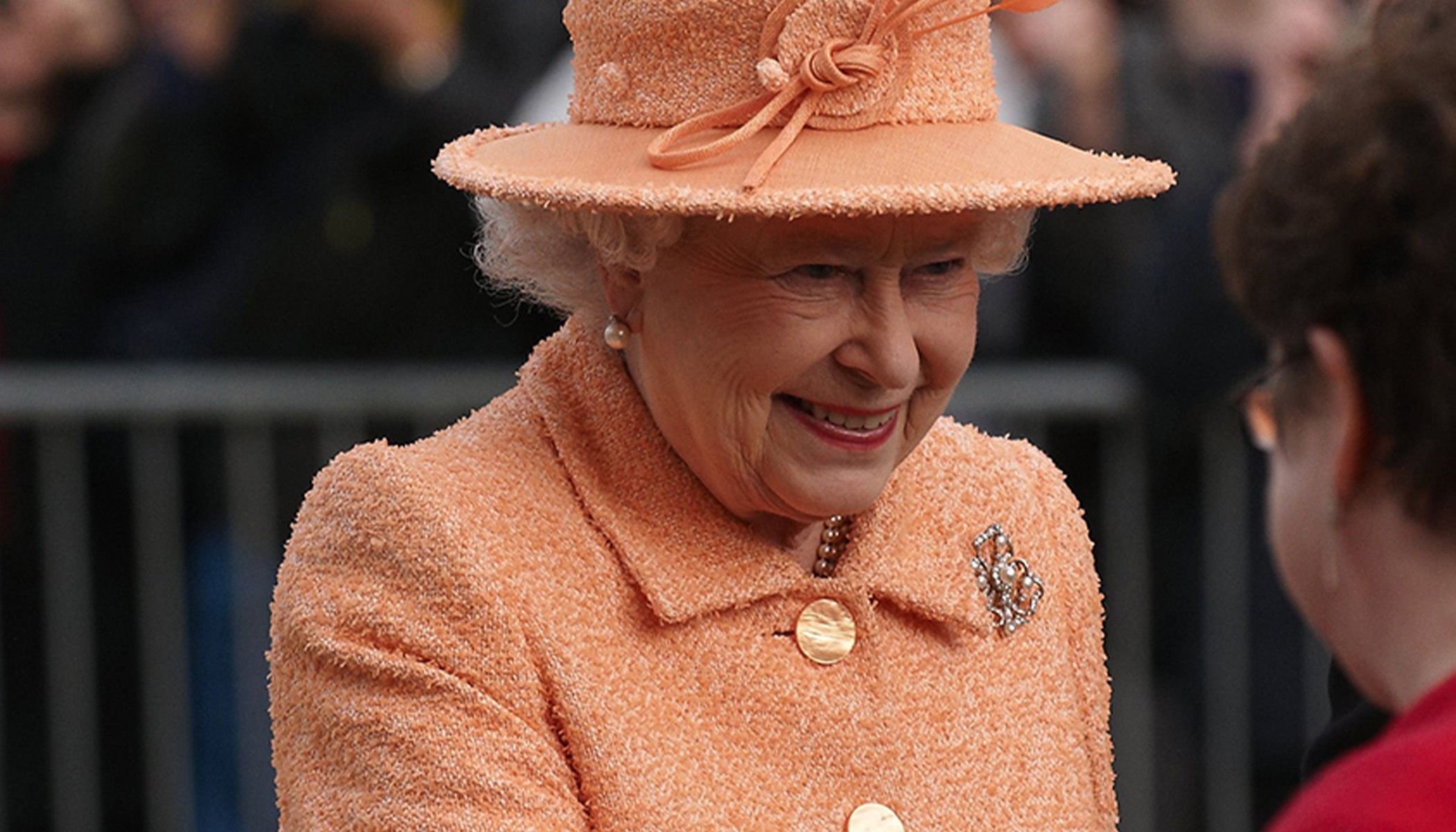Cambridge academics honoured for excellence
AcademicsLeaders in fields from chemistry to cancer research are among the Cambridge academics recognised in the 2022 Queen’s Birthday Honours.
We extend our congratulations to all those honoured for their outstanding achievements.
Professor Clare Grey
Professor Grey has been made a Dame Commander of the Order of the British Empire in recognition of her services to science.
Professor Grey, from the Yusuf Hamied Department of Chemistry and Pembroke College, pioneered the optimisation of batteries with the help of NMR spectroscopy.
She is, along with Dr Sai Shivareddy, co-founder of Nyobolt, pioneering a new class of battery technology that achieves record-breaking ultra-fast charging and supports the transition to a green, sustainable future.
“I am delighted that my contributions to the general field of energy materials have been honoured in this way.”
Professor Steven Young
Stephen Young, Emeritus Professor in the Information Engineering Division and Fellow of Emmanuel College, has been made a Commander of the Order of the British Empire (CBE) for services to software engineering.
Professor Young’s research interests lie in the area of spoken language systems, including speech recognition, speech synthesis and dialogue management.
Professor Young has been involved in a number of successful Cambridge spin-outs, including Entropic, Phonetic Arts and VocalIQ, and has helped many more as a valued member of the Cambridge Enterprise Investment Committee.
“Around the world millions of people are now routinely interacting with machines using speech and natural language.”
Dr Raghib Ali
Dr Raghib Ali, a Senior Clinical Research Associate at the MRC Epidemiology Unit, has been awarded an OBE for services to the NHS and to the COVID-19 response.
Dr Ali took leave from his university work and volunteered to return, unpaid, to frontline NHS duties – both at his local hospital and the newly formed Nightingale hospitals. He was appointed as an Independent Expert Adviser on COVID-19 and ethnicity to the UK government in October 2020.
“I would never have imagined that one day I would be receiving such an award. As a child on free school meals attending one of the worst performing primary schools in the country, my chances of going to Cambridge and becoming a doctor were almost zero and so I am very grateful for the opportunities I have had. I hope this award will inspire children and young people across the country who find themselves in similarly difficult circumstances.”
Dr Lisa Jardine-Wright
Dr Jardine-Wright has received an OBE for services to education. She is an Affiliated Lecturer at the Department of Physics, Fellow of Churchill College, and co-founder of Isaac Physics, an online platform that offers support and activities in physics problem solving to teachers and students.
“I am completely stunned to have been awarded an OBE. It means a great deal to me as it recognises the importance of physics education and the impact that the Isaac Physics project has made. I feel energised to keep innovating and to do more to raise the profile of physics.”
Dr Adrian Weller
Dr Adrian Weller, Senior Research Fellow at the Department of Engineering and researcher at the Leverhulme Centre for the Future of Intelligence, has been made a Member of the Order of the British Empire (MBE) for services to digital innovation.
“I am delighted to receive this honour, acknowledging the incredible work taking place across the AI ecosystem. I have been fortunate to work with many inspiring colleagues from a wide range of backgrounds and disciplines at Cambridge, Turing, the Centre for Data Ethics and Innovation and beyond. I hope I can encourage more people to get involved as we try together to design, develop and deploy trustworthy technologies which benefit individuals and society.”
Professor Simon Peyton Jones
Professor Simon Peyton Jones, a Distinguished Honorary Fellow at the Department of Computer Science and Technology, has received an OBE for services to education and to computer science. He is Chair of Computing At School and the National Centre for Computing Education.
“I feel privileged to have been allowed to spend an entire research career on statically-typed functional programming, built around the programming language Haskell and its compiler GHC. Functional programming started as an academic curiosity, but has become a powerful and creative influence on the entire enterprise of programming.”










